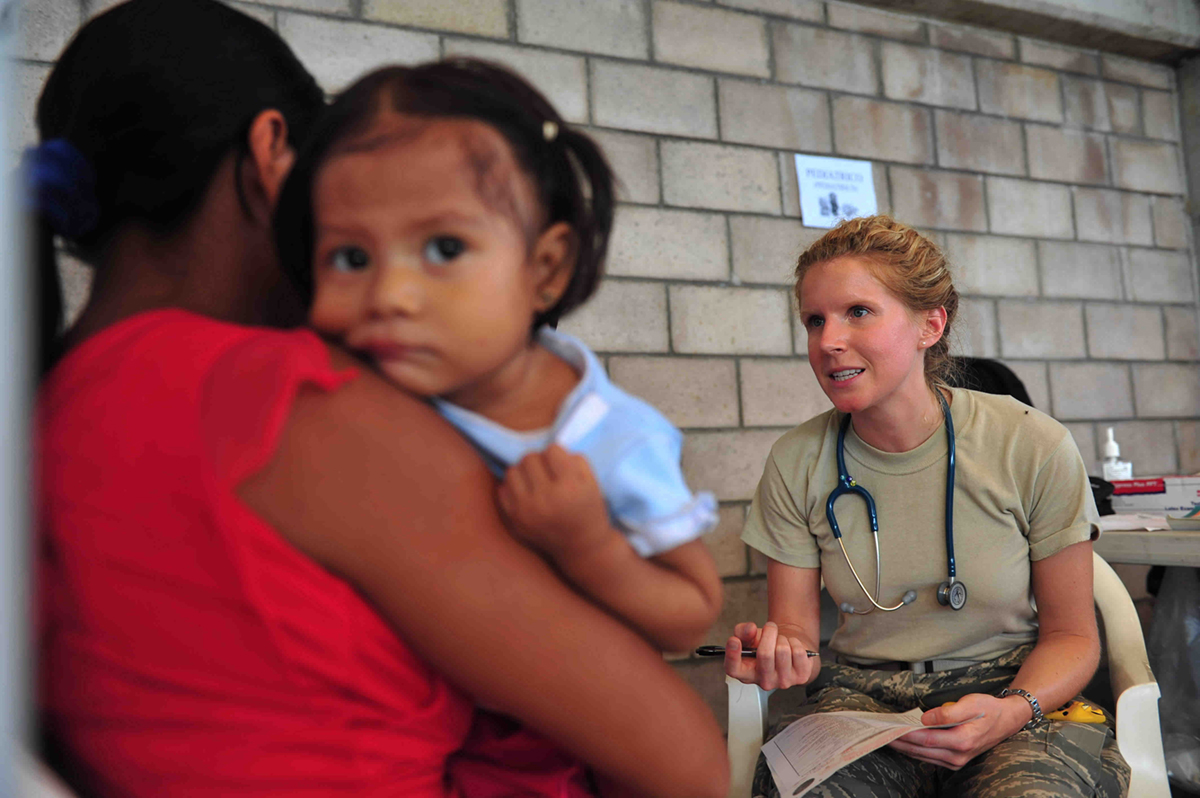
Intestinal Flu
Intestinal flu also known as stomach flu is infection caused by viruses, bacteria or protozoa. Still, the infection is predominantly caused by viruses such as rotavirus, adenovirus, calcivirus or astrocirus. Intestinal flu features with temporary inflammation of gastrointestinal mucous membrane which affects normal functioning of intestines.
The disease lasts approximately 24 to 48 hours. The most common symptoms of intestinal flu include watery diarrhea, nausea and vomiting, abdominal pain accompanied by cramping, loss of appetite, headache, low grade fever, and general weakness. In case that symptoms last longer than 3-4 days this may point to another serious disease.
Intestinal flu is pretty contagious and infectious agents can be easily transmitted by a simple hand shake. If one does not maintain and perform proper hand hygiene he/ she may catch the disease. Even inadequate food preparation may lead to contamination of food and cause intestinal flu. So fecal-orally path is the typical way of transmission of the disease. In some cases drinking of contaminated water may be another way of catching the disease.
Diagnosis of Intestinal Flu
The diagnosis of intestinal flu is predominantly set according to the symptoms and physical examination of the patient. Furthermore, stool samples may be examined and confirm or rule out the presence of rotavirus and norovirus. Stool samples can also confirm or rule out the presence of pathological bacteria and parasites.
Treatment for Intestinal Flu
There is no specific treatment for viral intestinal flu. Antibiotics are effective only in cases of infection caused by bacteria and they cannot eradicate viruses.
Fortunately, there are many medications which can alleviate and completely eliminate symptoms of intestinal flu. If a patient is suffering from exhausting nausea and vomiting he/ she may be prescribed some of many anti- nausea medications. Diarrhea can be successfully brought under control by antidiarrheal medications. The doctor will choose the most suitable antidiarrheal drug.
Prolonged vomiting and diarrhea may result in serious dehydration and this is why patients should take plenty of water and other fluids. Solid food should be avoided for a few hours until medications start to work. In the beginning the food may include rice, toast, banana and apples. Certain foods such as dairy products, fatty and greasy food must be avoided.
If symptoms do not withdraw within 48 hours or a patient has developed serious dehydration he/she must consult the doctor. Sometimes serious cases of dehydration are treated by intravenous fluids. And the doctor will take care of any persisting symptoms.
The best way is prevention against intestinal flu which can be achieved by proper hygiene including regular washing hands before meals and after using the toilet.



_f_280x120.jpg)













Your thoughts on this
Loading...